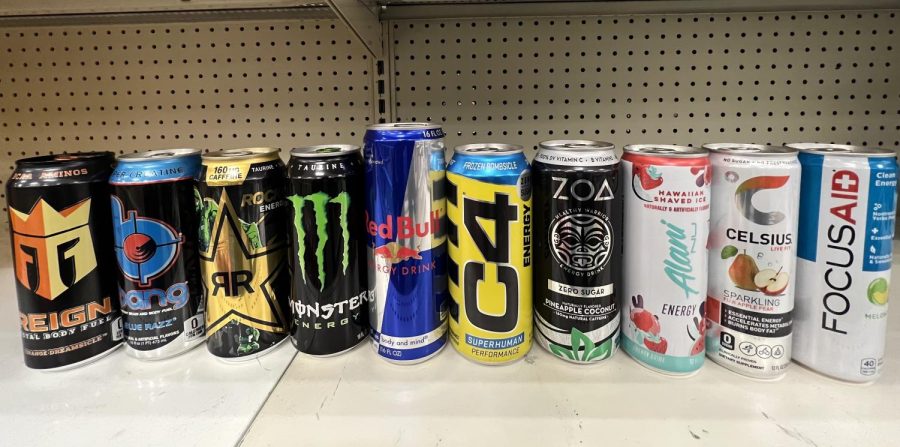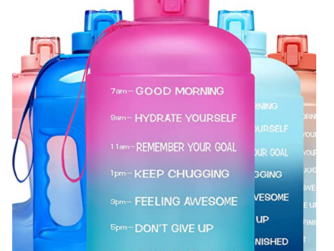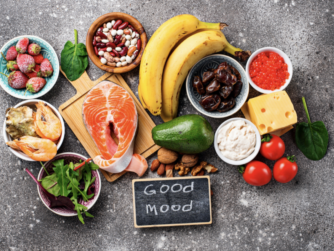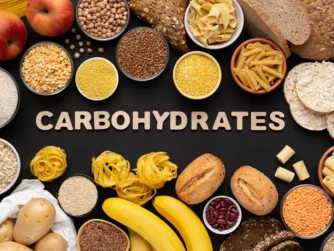Let’s face it—energy drinks are everywhere. They’re in gas stations, gym vending machines, RV parks, and grocery checkout lines. You’ll see them in the hands of truckers trying to push through the final leg of a haul, athletes looking for a pre-workout buzz, and even soccer moms juggling errands. Whether it’s Red Bull, Monster, Bang, Celsius, or some no-name can promising “extreme energy,” the appeal is undeniable.
But here’s the real question: Are energy drinks actually helping, or are they silently sabotaging your health and fitness goals? Let’s dig into the pros, the cons, and whether these little cans of liquid lightning belong in your cooler—or the trash.
The Appeal: Why We Love Energy Drinks
We live in a go-go-go world. For RVers, nomads, and travelers, life on the move often means less sleep, odd hours, and unpredictable schedules. That’s a perfect storm for grabbing a quick energy fix.
Pros of Energy Drinks
1. Convenience and Quick Energy Boost
There’s no denying the fast-acting nature of caffeine. Most energy drinks contain anywhere from 80 mg to 300 mg of caffeine per can. That’s equivalent to about 1–3 cups of coffee. It hits fast and gives a noticeable mental and physical boost.
2. Enhanced Focus and Alertness
Caffeine has been shown to improve mental focus, reaction time, and even endurance performance in athletes. If you’re heading into a hike, a long drive, or a workout, that bump in alertness can help.
3. Added Ingredients (with potential benefits)
Some energy drinks throw in extras like B-vitamins, taurine, ginseng, or electrolytes. These ingredients sound great—and in some cases, they do have potential benefits. B-vitamins, for instance, help with energy metabolism (though they won’t “give” you energy unless you’re deficient).
4. A Psychological Edge
There’s a placebo effect at play, too. Just knowing you’re drinking something that’s supposed to energize you can improve your performance. Sometimes, mindset really is half the battle.
The Downside: What’s the Real Cost?
Okay, now let’s flip the can and look at the ingredients—and the impact they may have over time. Because here’s where things start to get messy.
Cons of Energy Drinks
1. Caffeine Overload
Some drinks (looking at you, Bang and Reign) pack 300mg of caffeine in one can. That’s more than most people should consume in an entire day. The FDA recommends no more than 400mg of caffeine daily. Go past that, and you’re risking jitters, anxiety, heart palpitations, and even potential cardiac issues—especially if you’ve got an underlying condition.
2. Sugar Spikes (and Crashes)
Many energy drinks still contain high levels of sugar, sometimes as much as 50 grams per can. That’s more than a can of Coke. While “zero sugar” versions exist, they often use artificial sweeteners like sucralose or aspartame, which are controversial in their own right and may mess with your gut microbiome or insulin response over time.
3. Habit Formation and Dependency
The more you rely on energy drinks to “get going,” the more you train your body and brain to expect it. That can lead to tolerance, dependence, and even withdrawal symptoms like headaches, fatigue, and irritability when you try to stop.
4. Hidden Additives
From artificial colors to preservatives and chemical blends labeled as “proprietary,” energy drinks aren’t always transparent about what’s inside. That mystery cocktail can lead to unexpected side effects, especially when mixed with other stimulants or alcohol (a dangerous combo).
Are Energy Drinks Really Bad for You?
So let’s get real—are energy drinks bad for you? The honest answer is: It depends.
If you’re:
- Drinking one occasionally before a big hike or workout
- Choosing a low-caffeine, no-sugar version
- Staying hydrated and sleeping well otherwise
…then a moderate amount might be okay for you. Think of it like a tool, not a lifestyle.
But if you’re:
- Downing two or three cans daily just to survive the afternoon
- Relying on them instead of sleep or solid nutrition
- Experiencing jitteriness, fatigue, or headaches without them
…then it’s probably time to re-evaluate.
Coach Chris’s Take: Energy Comes from Habits, Not a Can
Here’s the deal—I’m not anti-caffeine, and I’m not here to shame you for grabbing an energy drink. But I am here to remind you: Real energy is built, not borrowed.
If you’re constantly drained, an energy drink isn’t the solution—it’s a temporary patch on a deeper issue. Instead of chasing the buzz, start with the basics:
- Hydration: Dehydration is one of the top reasons for low energy. Drink water first.
- Nutrition: Eat real food. Balanced meals with protein, healthy fats, and complex carbs will fuel you better than any stimulant.
- Sleep: No energy drink in the world can replace a solid 7–8 hours of rest.
- Movement: Ironically, a brisk walk or workout can give you more energy than caffeine—without the crash.
Better Alternatives for Natural Energy
If you’re looking to cut back on the cans, here are a few ways to boost energy naturally:
- Green tea or matcha: Lower caffeine, rich in antioxidants, with a more stable energy curve.
- Sparkling water with electrolytes: Refreshing and hydrating.
- Protein smoothie with greens and fruit: A power-packed meal replacement.
- Cold showers or a mid-day walk: Instant wake-up call for your nervous system.
The Bottom Line
Energy drinks aren’t evil. But they’re not a health food either. Used occasionally and wisely, they can give you a temporary edge. Used daily as a crutch, they can dig you into a hole that’s hard to climb out of.
So next time you’re tempted to crack open that icy can of super-charged adrenaline, ask yourself: Do I need this, or am I just masking a bigger need?
You’ve got the power to fuel your life the right way—on your terms, with real energy, and sustainable habits.
Let’s build that strength from the inside out. One smart choice at a time.







